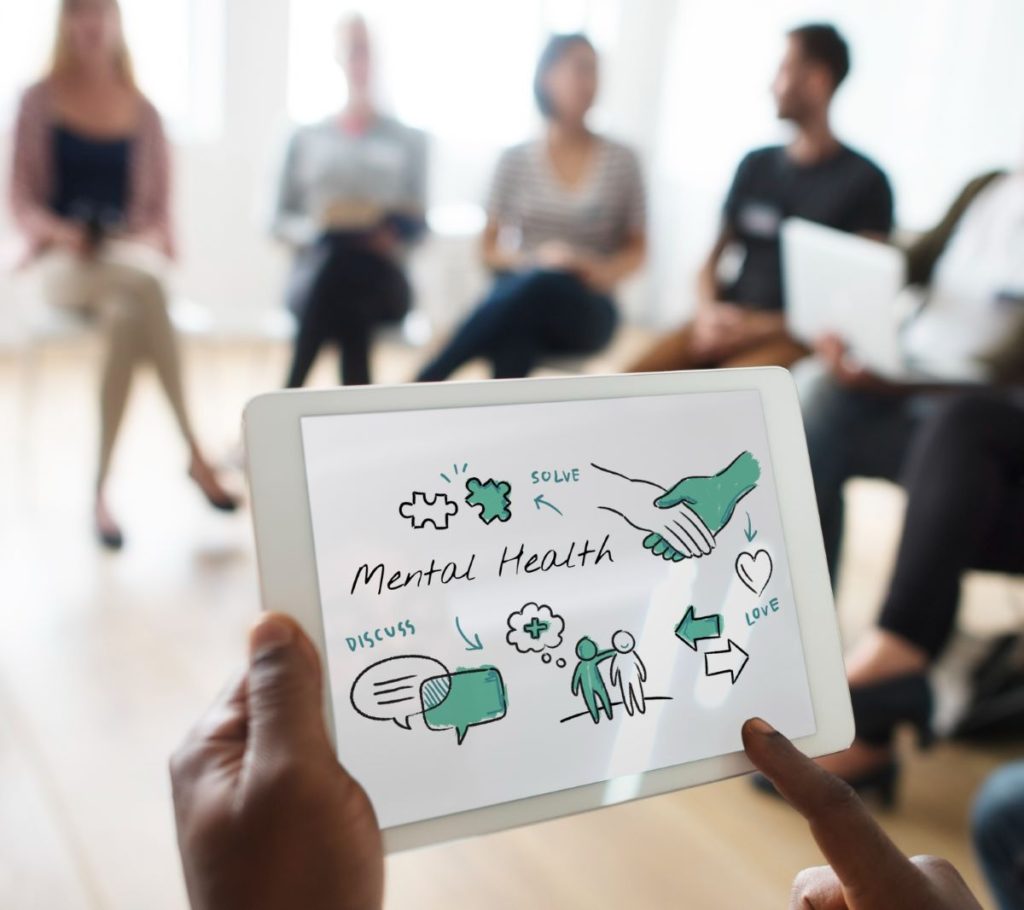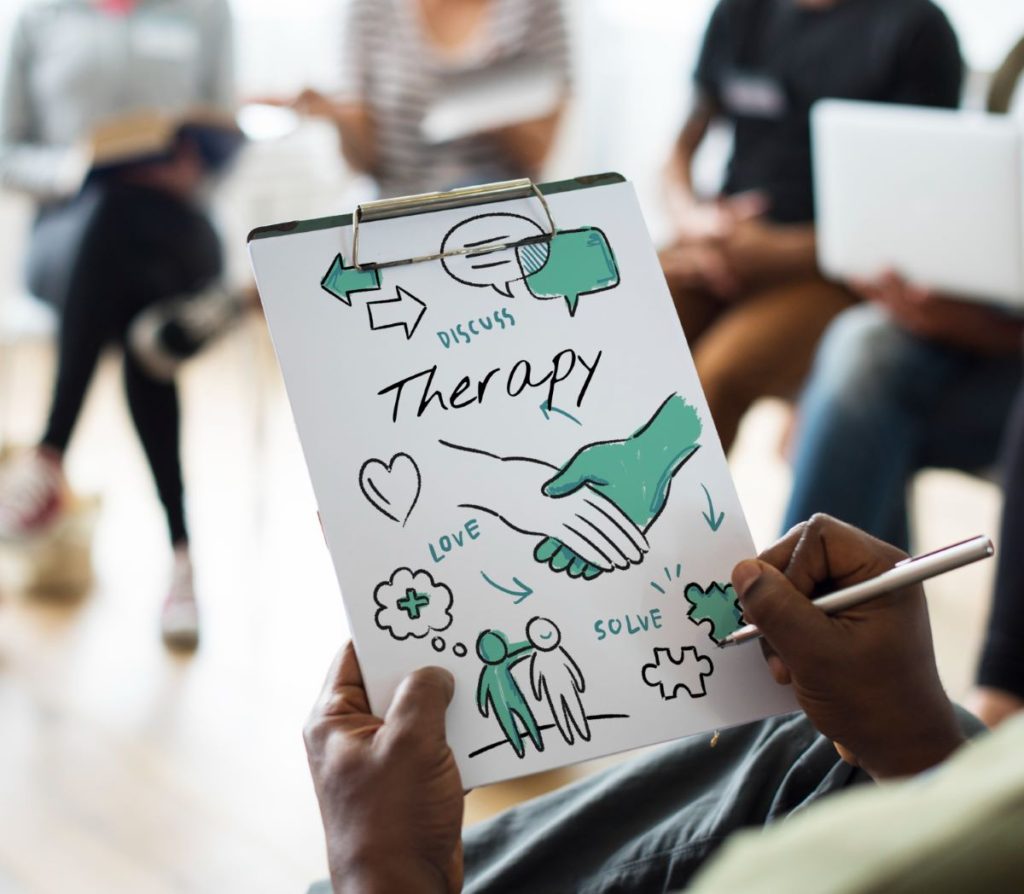FAQs
Our therapists are currently in-network with the following Texas Plans, Aetna, Aetna Boon-Chapman, Aetna Meritain, Apostrophe, Blue Cross Blue Shield, Cigna, Cigna Health Partners, EAP, Optum/United- EAP, United Healthcare Golden Rule, United Healthcare, TX.
Please schedule a free consultation, to allow our billing team to review your Mental Health benefits.
Kenney Counseling Service, PLLC, Video Telehealth is a HIPAA-compliant way for you to have video sessions with appropriate clients. In many cases, it is a great way to see a client when time, weather, travel, or any of life’s curveballs make it difficult to have an in-person session. Video sessions are appropriate for Clients that can be managed in an outpatient setting.
Keep in mind that video sessions may not be appropriate for everyone.
Clients who are not a risk harm to them self or others.
Yes, Aetna, Aetna Boon-Chapman, Aetna Meritain, Apostrophe, Blue Cross Blue Shield, Cigna, Cigna Health Partners, EAP, Optum/United- EAP, United Healthcare Golden Rule, United Healthcare, TX.
Please schedule a free consultation and have your authorization number available.
This will vary based on your payment method. If you are using your insurance benefits, you can call the customer service number on the back of your card to confirm your specific benefits. You can ask, “What are my behavioral health benefits?” to find out how much you would pay for a therapy session. If you are using an EAP, you will normally have a certain number of free sessions before you have to pay with your insurance benefits or out-of-pocket. To use your EAP, it’s best to call them ahead of time and let them know you are seeing a Sondermind therapist. They will then give you a reference number which you can bring to your first appointment.
Self Pay $85 per Individual session.
Each session is typically from 53 minutes-60 minutes. The frequency of the sessions reflects the needs of each patient and diagnosis.
At your first appointment, a mental health clinician will ask you questions about your current situation, including asking about your mood, thoughts, and behavior, such as:
- What are you concerned about?
- When did you first become concerned or notice any changes?
- How is your daily life affected by the changes or concerns you have noticed?
- What helps you manage these concerns or changes?
- What have you tried on your own to feel better?
- What things make you feel worse?
- What do you think you need?
- What treatment, if any, have you had for mental illness in the past?
- Have family members or friends commented on your mood or behavior?
- What do you hope to gain from treatment?
- What medications or over-the-counter herbs and supplements do you take?
- Do you drink alcohol or use recreational drugs?


When working with Children and Teens, The clinician will also usually ask to speak to someone close to the teen (mother/ father/ siblings)– family or friends, to ask for their thoughts about how you are, and what changes they may have noticed in you.
Speaking with peers allows the Therapist the ability to determine a diagnosis and check for related complications, you may also have an assessment by a doctor (psychiatrist or psychiatric registrar), a physical examination, and you may be referred for blood tests and other investigations.
Following the initial assessment, the mental health clinician will provide you with information, and will make a recommendation about what treatment might be most helpful to you. This depends on the type of mental health issues you are experiencing, the severity, your preferences where possible and what you already know works best for you.
Sometimes admission to a hospital inpatient unit is recommended before attending Telehealth Therapy.
Source: https://www.nwmh.org.au/get-help/what-expect/what-expect-your-first-appointment
If you feel that there is a question that we have not answered here, please schedule a free 10-minute consultation or email us at info@kenneycounseling.com

Resources
National Suicide Prevention Lifeline:
(800) 273-8255
Bullying & Depression Hotline:
(800) 448-3000
Self-harm Hotline
(800) 366-8288
National Drugs & Alcohol Hotline:
(800) 662-4357
Suicide Prevention Line
1-800-273 -TALK (8255)
Family Violence Helpline
(800)996-6228
Crisis Text Line
Text “HOME” to 741-741
National Domestic Violence Hotline
1-800-799-7233
Trans Lifeline
877-565-8860
The Trevor Project for LGBT youth, friends, and family members
1-866-488-7386

